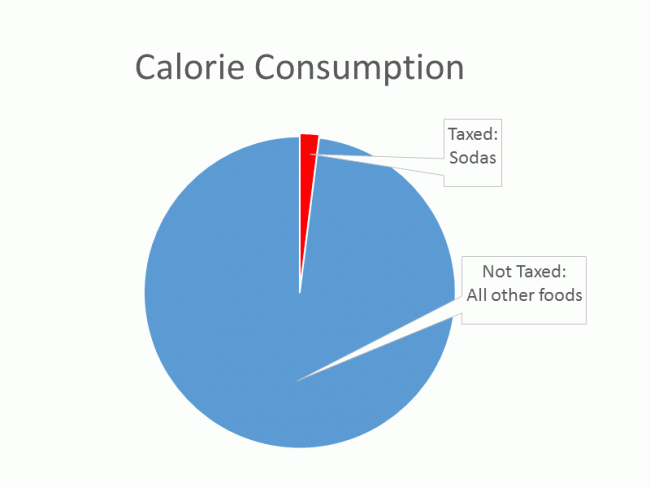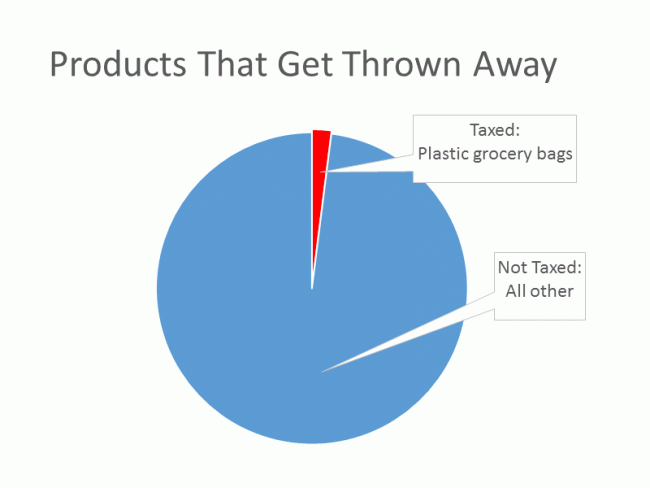Problems With Pigouvian Taxes
Pigouvian taxes are taxes meant to help markets and prices better account for certain externalities that wouldn't otherwise be priced in. A good example is that to the extent one thinks that CO2 is having a deleterious effect on the environment, a carbon tax would be a pigouvian tax. This brief note at Cato discusses some problems with Pigouvian taxes. This note reminded me of another issue: in real life, Pigouvian taxes are more likely to reflect biases and faulty assumptions and virtue signalling of politicians rather than real science and economics. Here are two situations that come to mind, presented without comment:


There is an interesting glitch with the soda tax. It does not apply to soda bought with food stamps. I suppose that all that sugar is only bad for us working folks but the recumbent. folks are immune.
As I understand it, the federal rules prevent states from taxing anything bought with food stamps. That makes sense, since the purpose of the program is to get food to people, not to pad state budgets. But yeah, it's a problem when places come along and pass soda taxes.
Also, fun fact: the majority of households with non-disabled adults receiving SNAP work, and the vast majority worked within the past year. Recumbent indeed.
Remember the days of the food pyramid, introduced in 1992 in the US? Carbs good, fat bad--eat lots of grain. By the government standards of the early 90's Pop tarts were considered healthy because they were mostly carbs and little fat. Now look at the CDC report on diabetes trends in the US. https://www.cdc.gov/diabetes/statistics/slides/long_term_trends.pdf There is an inflection point and the rate of diabetes diagnosed rose rapidly after 1994. NOW they realize there's a problem.
Then there's diesel in Europe. Diesel cars got better mileage so release less CO2 per mile driven, taxes were lowered on diesel engine vehicles while petrol powered ones paid the full rate. A few years later, there's a huge unanticipated NOx and soot problem.
Food stamps are essentially cash and are used as such. Therefore, the purpose of the SNAP program is not to get food to people, it's to pay them off and/or make them more dependent on the government.
I'm going to go out on a limb here and just assert that, paradoxically (unless you're a cynical bastard like me) food stamp recipients are more likely than the general population to be at risk for obesity.
So, if the government actually cared about helping poor people they could make soda and other junk food ineligible for purchase with food stamps (or the food stamp price could be more expensive) but again, that;s not what food stamps are for.
Shakes fist, ‘I’ll make you pay!’ Pigou taxes are spite and vengeance taxes and selective. A (who has political control or who has managed to lobby and buy their way to a slice of political power) thinks B should not be doing something of which A disapproves, so B must be made to pay.
Just about every activity has negative externalities, so really they all cancel out.
My wife likes to remind folks, "remember when the government wanted everyone to eat 8 loaves of a bread a day"
"purpose of the program is to get food to people" So soft drinks are food? Please explain yourself rationale. As to snap recipients working, please cite your references.